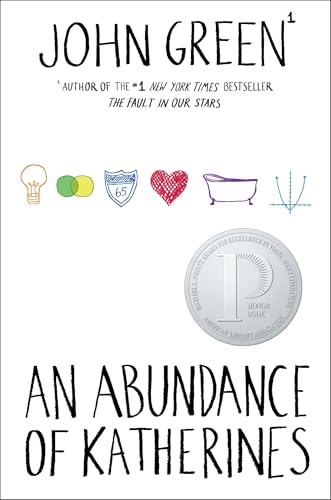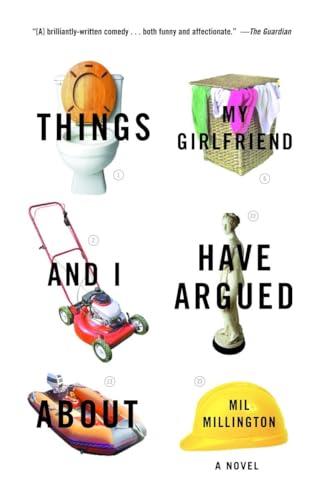The Federal Trade Commission has come up with its final guidelines on regulating endorsements and testimonials, which will indeed affect bloggers. The first hint of the problem is in the title of the report itself, which specifies endorsements and testimonials.
But book reviews are not advertising endorsements or testimonials, are they?
Ah, I answer that question with another question. Have you noticed how freely the word review has been thrown around the blogosphere, especially in the pitches by companies? Have you wondered how one “reviews” a bookshelf or swingset or tungsten rings?
You see, the businesses were very savvy about this coming development and hoped to tie the issues together by linking the word review to what are obvious endorsements being paid for in product. I’ve been watching this going on with the mommy bloggers and gritting my teeth, while remaining hopeful that the FTC would know the difference between a review and an endorsement. I talked about it here in July, saying, “Book blogs are likely to stay under the radar because we’re not pulling in the numbers of readers and because there is a longstanding tradition of books being sent out for review in newspapers and journals.”
I may have been wrong. Mostly in making the assumption that the FTC would address this issue with, um... intelligence. The eighty-one page final guidelines have only caused more questions that the FTC doesn’t seem to define or understand. I saw it through my book blogger eyes, but niche groups everywhere have questions and concerns, as shown in this article from Wired.
But as a book blogger, I’m very concerned that Richard Cleland of the Bureau of Consumer Protections had this to say in a conversation with Ed Champion about getting books for review:
“You can return it,” said Cleland. “You review it and return it. I’m not sure that type of situation would be compensation.” If, however, you held onto the unit, then Cleland insisted that it could serve as “compensation.” You could after all sell the product on the streets.Yeah, because we all know the street value of Find My Feet.
Chasing Ray has a wonderful post about how this would look to the publishers. In case you’re wondering, Not Good. There is no way that book bloggers would want the responsibility and expense of returning books with a receipt so they couldn’t be declared as income. There is no way that the publishers would want the responsibility and expense of tracking those returned books. It’s illogical that I could receive dozens of books from a publisher, but only have to declare as “income” the one that I review — because I’ve now endorsed it.
In fact, it’s the idiocy of this concept along with the long tradition of print media receiving books for review that gives me hope. Because the guidelines as written and as they want to be applied to book bloggers are just too stupid to exist. That said, they won’t disappear by us not talking about them. We do need to make some noise. Bloggers are good writers, obviously, so dash off a letter to the FTC, your congressman, the local paper. Your publisher.
Galleycat has been turning out a lot of information on this new development, but we can’t let Ron Hogan and Ed Champion go this alone. And I’m not just talking about bloggers. Publishers, editors, and authors had better make their case too, because the FTC regulations as they are being interpreted could shut down a source of book reviews and interviews just as newspaper reviews are in a death spiral. Publishers may have thought that the FTC had nothing to do with them, as evidenced by the fact that they are not noted as having submitted comments to the proposed regulation (page 3). Big mistake, because this is going to be an issue for all involved parties, and we can’t let it be left up to people completely ignorant of how the publishing industry works to determine how it’s going to work from now on.
Now, the bright spot is how completely relevant KidLitCon09 seems right now — especially our panel about the relationships between bloggers, authors, and publishers. There’s still space available. Register now and be part of the conversation.
























8 comments:
Thanks for this very illuminating post. While I did not like the fact that bloggers were being specifically targeted, as opposed to print or TV media, I didn't think that it really mattered.
I already have a statement on 5 Minutes for Books that is clear that most of our copies are from PR firms or publishers, and I thought that would still be enough.
But your commentary makes me realize that it could mean something more.
Thank you. From a Librarian's perspective, it would be a waste to loose all of the reviews out there now. Especially as more bloggers start blogging.
Thank you for all you do.
I know I can look up an add. for FTC.but it might be helpful to post that add. too?
Jennifer, it may be that stating where books are from may be enough - or it may not. It's unclear. As it is unclear whether it will need to be revealed in every single post, as opposed to a blanket statement. The clue to this development lies in comments made about how individual tweets (!!!) could be part of this regulation.
Penny, I have a call in to the numbers given at the FTC website to find the best place to address our questions and concerns. If and when I find out, I'll add it to this post.
Thank you for this post. I tried to read the FTC regulations as proposed and frankly, all I got was a headache as opposed to clarity. I agree that everyone involved - publishers, authors, bloggers and us publicists, too - need to make our voices heard. Ed's interview with Richard Cleland of the FTC was an eye-opener, and not in a good way.
It's frustrating that the FTC wants to lump book bloggers in with the mommy bloggers, but such is the nature of a government agency. Fighting back -- or in this case, educating the FTC on the nature of book blogging -- is an option, but I'm also afraid that we're just going to have to wait and see how this all shakes out.
It may change the way we do things, but it also may amount to not much.
I am just so confused by this. I'm reading so many tweets and blog posts about it, and it seems like there are many different perspectives on what it all means. Clearly, the FTC still has some clarifying to do!!
::turning on sarcasm:: I don't see why everyone is so upset about this. We can still review books from the library and those that we purchase ourselves, right? Leave those new release reviews to the people who get paid to write reviews! We should be satisfied with the *old* Pooh stories ... after all, we're not real reviewers, just bloggers. ::sarcasm off::
I will definitely be writing to someone about this.
As you say, this is going to be an interesting 45 days. The FTC hasn't a clue ... and to split hairs between books sent to print magazines - who also have online versions of their reviews - and online reviewers is nuts. One of my questions is the effect on authors using a reviewer's comments on their blog or website. Will they have to disclose that they gave/lent the book to that person to review?
Post a Comment